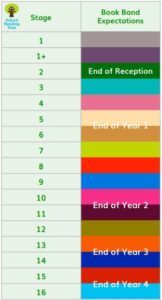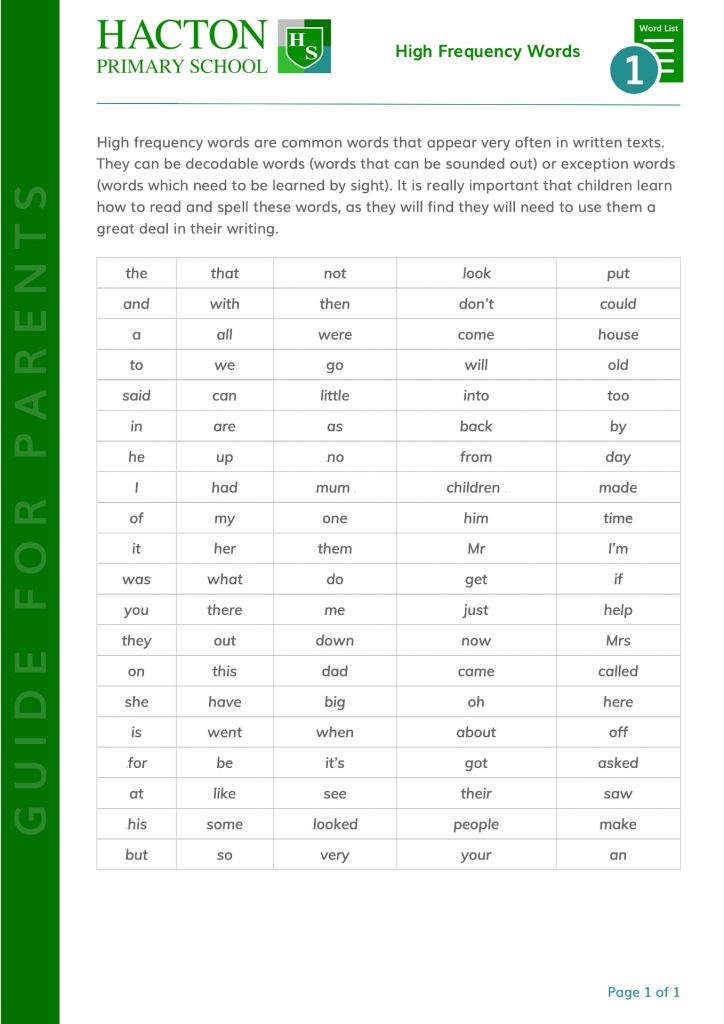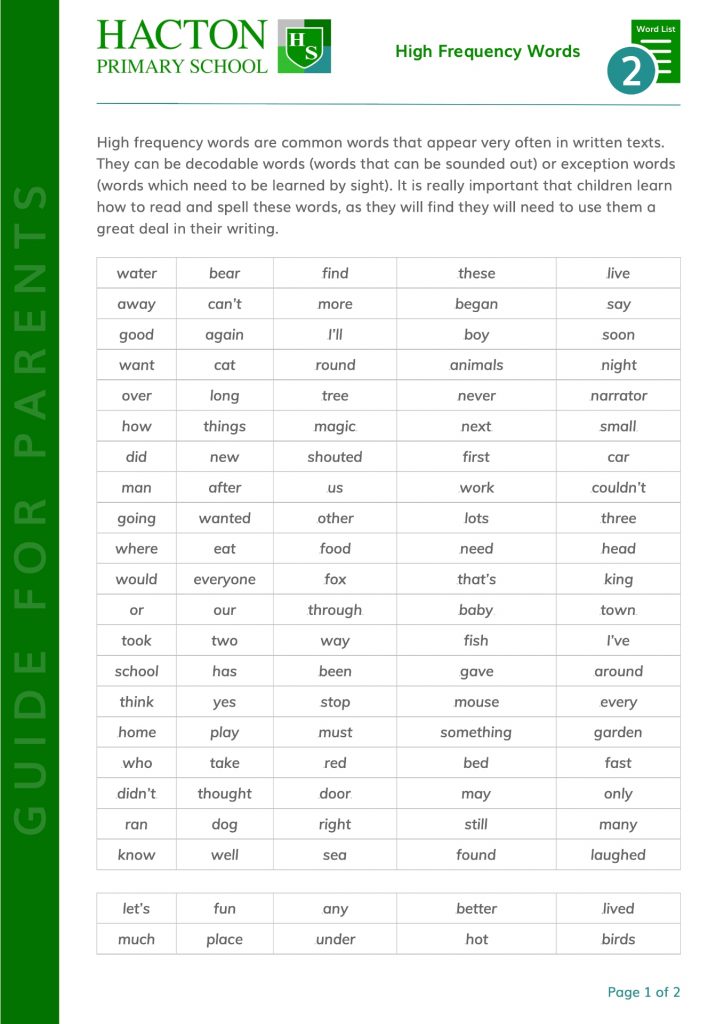As a key curriculum subject, we place a high emphasis on the teaching of reading, writing, spelling, grammar and handwriting at Hacton Primary School. We aim for all our pupils to leave Year 6 with the necessary skills they need for their future learning.
Reading
At Hacton Primary we strongly feel that an appreciation of reading should be embedded from an early age. We know that for children to become excellent writers they need to read and therefore we aim to engage the children with different genres of books and encourage them to read for pleasure. Children have access to a quality range of fiction and non-fiction books in each classroom and within our school library. High-quality authors are encouraged through the Boarding Passes that are issued to all of our pupils at the beginning of each school year. An emphasis is placed on encouraging children to read high-quality children’s literature whilst developing a love of reading, with rewards being presented to children who engage with reading regularly for pleasure. Teachers read high-quality texts to their classes each day. This helps our pupils to develop their vocabulary as well as introducing them to unfamiliar ideas and concepts. It also gives pupils the opportunity to tackle longer or more challenging texts than they would be able to alone and models for them good intonation and expression.
A wide range of reading strategies are taught throughout school, including shared reading, guided reading and independent reading. Guided reading and comprehension sessions are used throughout the school from Reception to Year 6. In these sessions, children are encouraged to explore story plots, understand and learn new vocabulary, think about character motivation and the way writers look to inspire the imagination. In addition to this, children are taught comprehension strategies.
We aim to teach children to:
- Identify and discuss themes and conventions in and across a wide range of writing.
- Ask questions to improve their understanding.
- Draw inferences such as inferring characters’ feelings, thoughts and motives from their actions, and justifying inferences with evidence.
- Predict what might happen from the details stated and implied.
- Summarise the main ideas from more than one paragraph, identifying key details that support the main ideas.
- Identify how language, structure and presentation contribute to meaning.
- Discuss and evaluate how authors use language, including figurative language, considering the impact on the reader.
- Distinguish between statements of fact and opinion.
- Retrieve, record and present information from non-fiction.
- Explain and discuss their understanding of what they have read.
- Provide reasoned justifications for their views.
To see Hacton’s most recent performance data for Key Stage 1 and Key Stage 2, click here.
Reading Scheme
We use the Oxford Reading Tree stages of reading to identify steps in children’s reading progress. The Oxford Reading Tree stages provide a consistent, progressive and challenging reading scheme throughout the school with children working from stages 1 through to 15/16 by the end of Year 4. Children in Years 5 and 6 will be ‘free readers’ who are encouraged to choose age-appropriate, high-quality texts; however, should children still require the support of the reading scheme this will continue. In addition to this, we use the Oxford Reading Buddy, an online resource and e-book library to further support children’s reading at home.
Children in Reception, Year 1 and Year 2 will also take home a fully decodable Phonics book each week. Whereas the Oxford Reading books encourage children to have a love of reading, develop their comprehension skills and explore a range of rich vocabulary, the Phonics books aim to improve the children’s understanding of phonics by directly linking to the learning in the classroom.
Reading at home
Reading is the most powerful tool in developing children as learners. With this in mind, at Hacton, we expect every child to read at least 3 times a week at home and this should be recorded into pupils’ individual reading journals.
Each week, these signatures are checked by staff and children who have read at least 3 times each week will be rewarded at the end of each term with a reading reward. This term’s reward will be decided within year groups. Unfortunately, any pupils who have not read as expected at home each week will not be invited to attend.
Guidance for Parents: Reading With Your Child »
Phonics
Phonics is a way of teaching children to read quickly and skilfully. It involves recognising the sounds that each individual letter makes; identifying the sounds that different combinations of letters make and blending these sounds together from left to right to make a word. Children can then use this knowledge to ‘decode’ new words that they hear or see. This is the first important step in learning to read.
At Hacton Primary we use ‘Letters and Sounds’ as our preferred method of delivering high-quality phonics teaching. Letters and Sounds is a phonics resource published by the Department of Education and skills. The programme aims to build children’s speaking and listening skills in their own right as well as to prepare children for learning to read by developing their phonic knowledge and skills. Children follow a detailed programme, starting at the age of five, with the aim of them becoming fluent readers by age seven. Any pupils who are no fluent readers by Key Stage 2 will receive phonic teaching when and if necessary in order to catch up.
As not all words in the English language comply to the rules of phonics we also teach so-called ‘sight words’ by repetition and retrieval.
To see Hacton’s most recent performance data from the Phonics check, click here.
High Frequency Words
Foundation Stage and Key Stage 1 children learn to read, write and spell a considerable number of High Frequency Words. The teaching of the high frequency words is linked to the teaching of phonics. It is expected that pupils in KS2 consistently spell HFW correctly, therefore, we would greatly appreciate parental support with the learning of these words.
Writing
At Hacton Primary School we believe that a consistent approach towards writing will allow children to develop into confident and articulate writers, with the ability to adapt their writing depending on the context, audience and purpose. Writing is taught through a text-based approach with quality children’s literature being at the heart of their learning. Children have plenty of opportunities to experience a range of different genres and enjoy the process of writing around a text or topic. We also recognise the importance of grammar in writing and ensure our children are taught all aspects needed to lead a fully functional life in our society today. Expectations with regard to handwriting and presentation are high and assessment in the form of high quality oral feedback and marking enables children to improve their writing.




